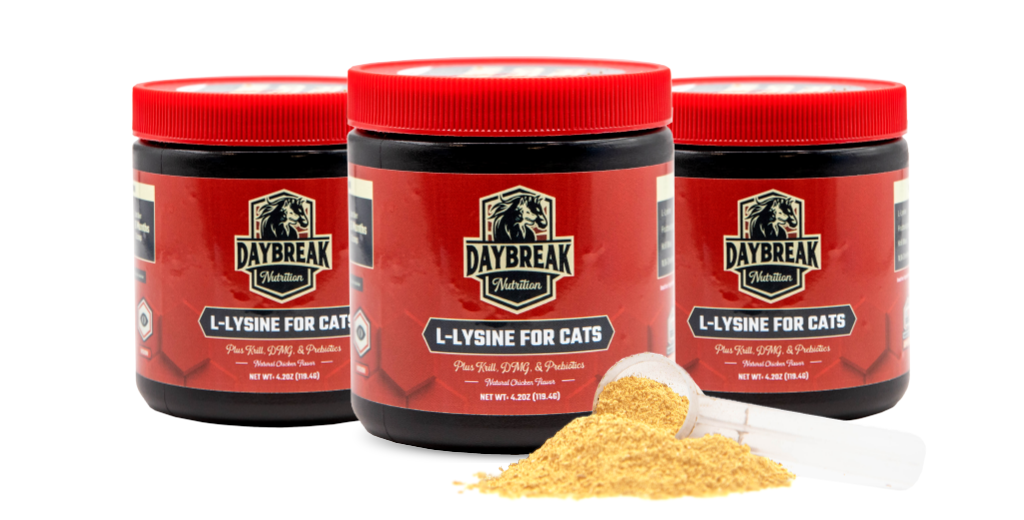Feline rhinotracheitis is a common viral infection in cats caused by the feline herpesvirus (FHV-1).
This condition primarily affects the upper respiratory tract and can lead to symptoms such as sneezing, coughing, nasal congestion, and ocular discharge.
Although it is not curable, understanding how to manage and support your cat during an outbreak is essential for their well-being.
In this post, we are going to explore five effective ways to support feline rhinotracheitis, starting with what rhinotracheitis is.
Let’s dive in!
What Is Rhinotracheitis?
Rhinotracheitis is an upper respiratory infection in cats characterized by inflammation of the nasal passages and trachea.
It is highly contagious among cats and can be particularly severe in young, unvaccinated, or immunocompromised cats. Symptoms often include:
- Sneezing and nasal discharge
- Coughing
- Watery eyes or conjunctivitis
- Loss of appetite
- Fever
While rhinotracheitis can resolve on its own, supportive care is crucial to help your cat recover and prevent secondary infections.
5 Ways to Support Feline Rhinotracheitis
1. Cat Lysine Supplement
A lysine supplement can be beneficial for cats suffering from rhinotracheitis, as it may help reduce the severity and frequency of viral outbreaks.
Lysine is an essential amino acid that supports the immune system and may inhibit the replication of the feline herpesvirus.
Regular supplementation can help boost your cat’s immune response during an outbreak.
Many products are available in powder or treat form, making it easy to incorporate into your cat’s diet.
Out of all the lysine supplements my cat has tried, Daybreak Nutrition’s L-Lysine for Cats is their all-time favorite.
Daybreak’s L-Lysine for Cats is our go-to supplement for managing feline rhinotracheitis because it delivers a powerful 900 mg of L-lysine per scoop, promoting immune function and respiratory health.
This formula is enriched with prebiotics, krill, and DMG, providing additional support for gut health and omega-3 fatty acids, which are crucial during recovery.
The convenient powder form makes it easy to mix into food, enhancing digestibility and ensuring my cat gets the nutrients they need to feel their best.
Simply follow the directions on the back and you’re good to go!
2. Ensure Proper Hydration
Keeping your cat well-hydrated is vital for supporting their overall health and aiding recovery from rhinotracheitis.
Dehydration can worsen symptoms and make it harder for your cat to recover.
Encourage your cat to drink plenty of water by providing fresh, clean water at all times.
Consider using a cat water fountain, as many cats prefer running water. You can also offer wet food to increase their fluid intake.
3. Provide a Comfortable Environment
Creating a comfortable and stress-free environment is crucial for a cat recovering from rhinotracheitis.
Stress can weaken the immune system, making it harder for your cat to fight off the infection.
Ensure your cat has a quiet, cozy space to rest, away from loud noises or other pets.
Keeping the room at a comfortable temperature and using soft bedding can help your cat feel more secure and relaxed during recovery.
4. Maintain Good Nutrition
A well-balanced diet is essential for supporting your cat’s immune system and overall health.
Proper nutrition helps provide the energy and nutrients needed for recovery.
Offer high-quality cat food that is rich in protein and essential nutrients.
If your cat has a reduced appetite, consider warming their food slightly or offering strong-smelling options to entice them to eat.
5. Regular Veterinary Check-ups
Regular veterinary visits are crucial for managing feline rhinotracheitis effectively.
Your veterinarian can assess your cat’s condition, recommend treatments, and monitor for potential complications.
Schedule routine check-ups, especially if your cat is showing symptoms of rhinotracheitis.
Your veterinarian may recommend antiviral medications, antibiotics for secondary infections, or other supportive measures to help your cat recover more quickly.
Support Feline Rhinotracheitis
Supporting a cat with rhinotracheitis involves a combination of proper nutrition, hydration, comfort, and veterinary care.
By incorporating a lysine supplement, ensuring adequate hydration, providing a comfortable environment, maintaining good nutrition, and scheduling regular veterinary check-ups, you can help your feline friend recover more effectively.
If your cat shows persistent symptoms or worsens, it’s essential to consult your veterinarian for tailored advice and treatment options.
With the right care, your cat can navigate this challenging condition and return to their happy, playful self.
Thank you for reading!

